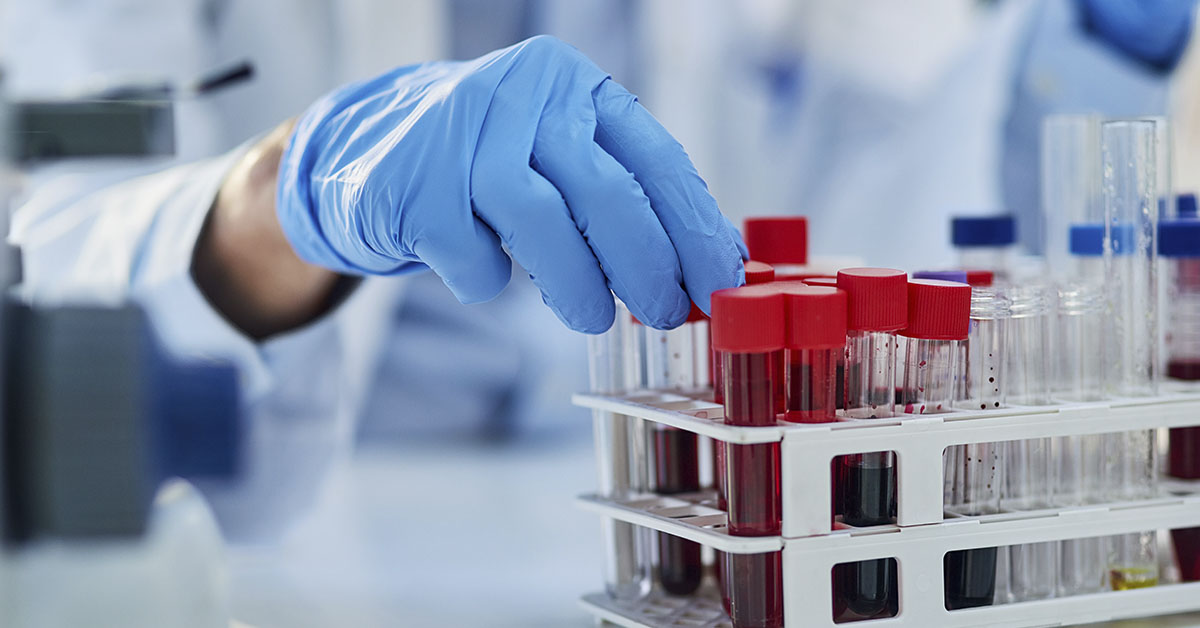Cancer is a disease that is responsible for nearly one in six deaths globally. It is a disease that can sometimes grow over years completely unnoticed, or come on suddenly and grow at a deadly rate. The key to effective treatment and positive outcomes for cancer patients is early detection. A blood test developed in 2022 might be that missing link with the power to save hundreds of thousands of lives. This test has the capacity to detect 14 different types of cancer at an early stage, potentially revolutionizing cancer diagnosis and treatment.
A Cancer Blood Test: The Innovation
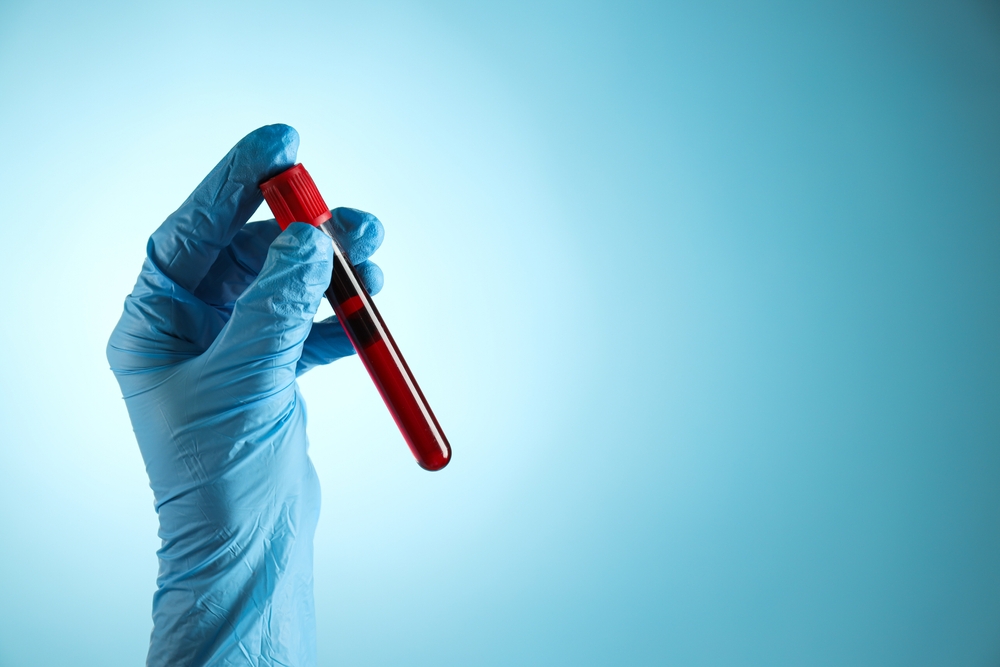
In 2022, researchers in Sweden shocked the world of oncology and cancer studies when they devised a cost-effective, non-invasive blood test to detect cancer. The test uses machine learning to track glycosaminoglycan levels, a crucial component of human metabolism, to identify cancer biomarkers. The study, published in the scientific journal PNAS, showcased the test’s ability to detect stage 1 cancer with a sensitivity of up to 62%. Moreover, the test demonstrated 95% specificity and with 89% accurate prediction of tumor locations.
Significance of Early Cancer Diagnosis
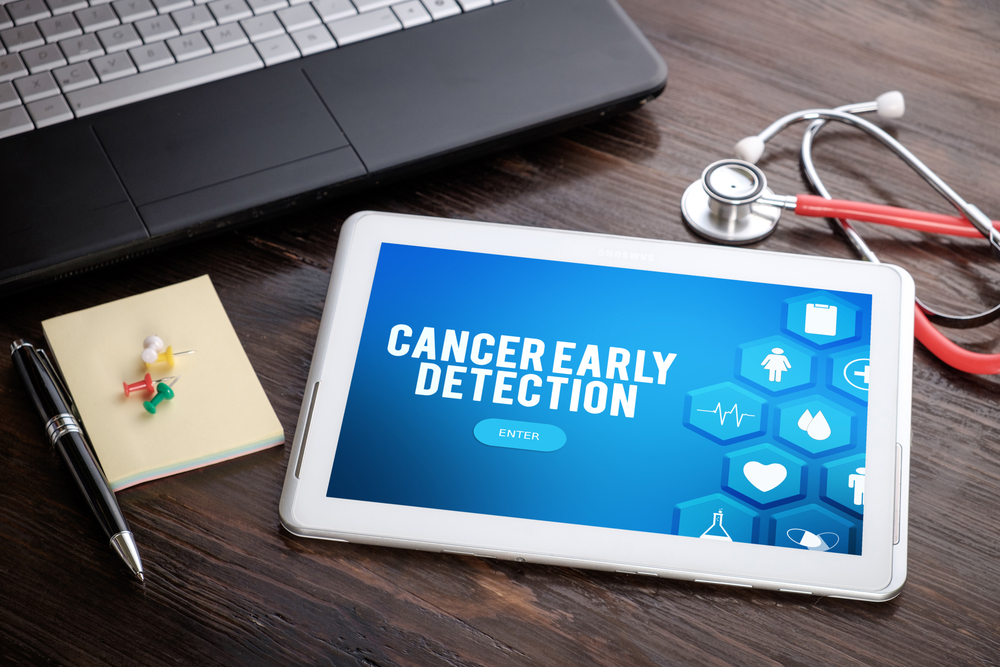
Early diagnosis is the crux of the fight against cancer. Survival rates and patient outcomes drastically improve if the cancer is caught in an early stage versus a later one. According to statistics from Cancer Research UK, over 90% of patients diagnosed with cancers such as bowel, breast, or ovarian cancer can survive if the cancer is detected in its earliest stage. Unfortunately, late diagnosis remains a persistent challenge. This highlights the importance of innovative diagnostic tools such as this new cancer blood test.
Read More: New Study: Blood Test Can Predict Dementia 10 Years Before Official Diagnosis
Challenges in Cancer Detection
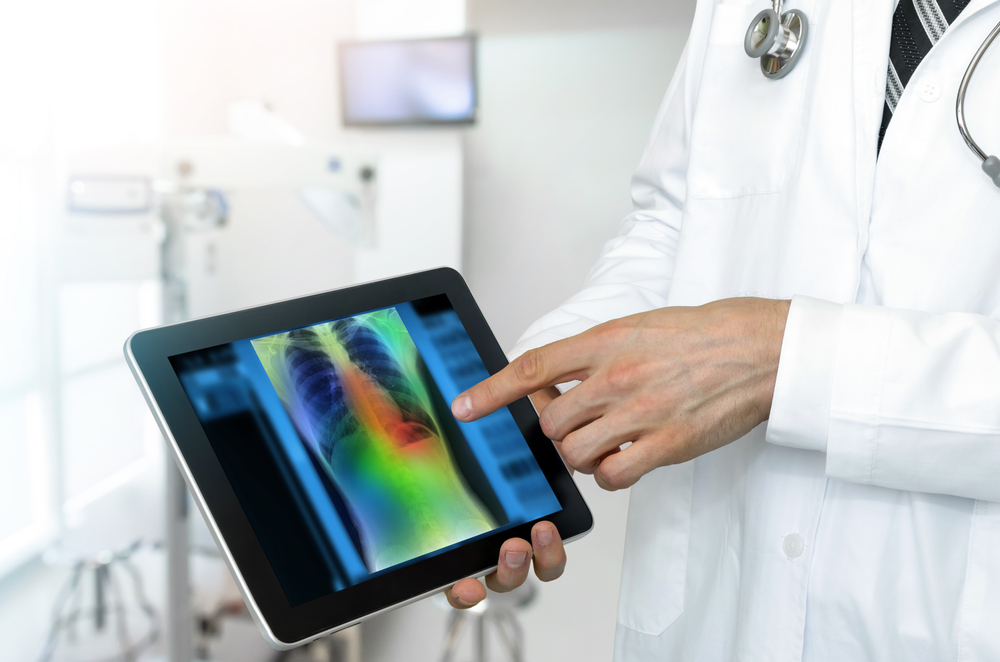
There are screening programs that exist for certain cancers, such as breast and prostate cancers, but many cancers still lack standard screening methods. This lack of adequate testing underscores the need for novel approaches that are accessible, inexpensive, simple, and non-invasive to administer. Something like this new cancer blood test. Liquid biopsies, an emerging technology, offer promise in detecting early-stage cancer. Their sensitivity, however, remains limited, particularly for certain cancer types like brain tumors.
Read More: Scientists Edge Closer to Creating Universal Donor Blood
Potential Impact

The Swedish researchers estimated back in 2022 that the new blood test could be priced around $50, making it much more affordable than existing liquid biopsy tests. That being said, further validation on a larger sample of participants was necessary at the time of publication of the study. The potential impact, however, is rather exciting.
The GRAIL Test
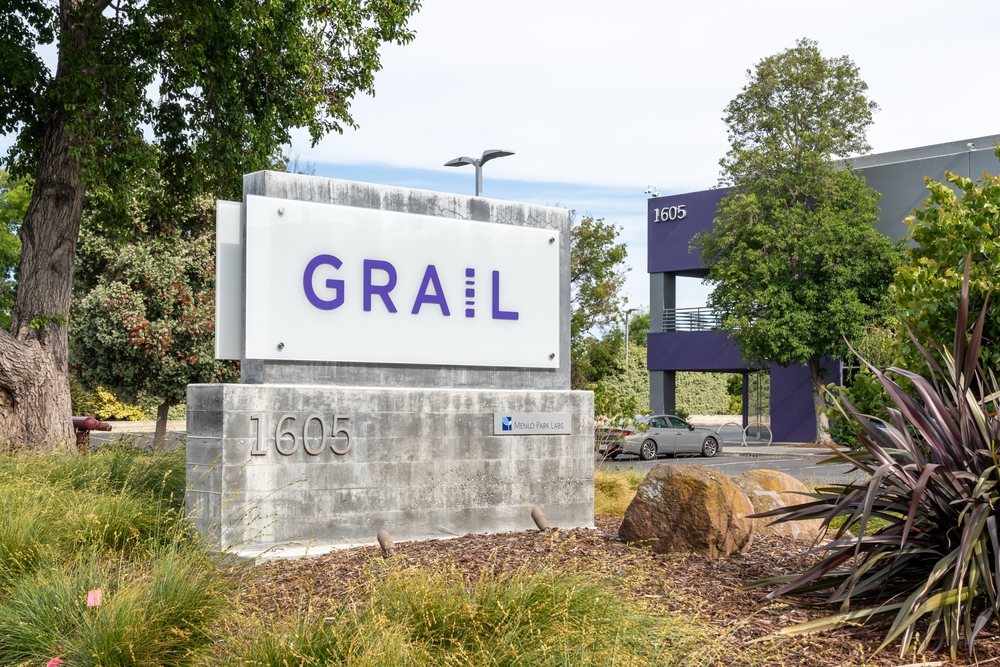
American biotechnology company GRAIL was also making strides in cancer detection alongside their Swedish counterparts. The GRAIL test, also known as the Galleri test, is a pioneering screening tool that focuses on detecting multiple types of cancers from one single blood sample. Unlike traditional DNA-based tests, the Galleri test utilizes next-generation sequencing to analyze methyl group arrangements on circulating tumor DNA in the blood. This innovative approach allows the test to identify a wide range of cancers with high accuracy. The GRAIL test is already in clinical use across select healthcare networks in the United States, showcasing its potential in revolutionizing early cancer detection. By leveraging advanced technology and a unique methodology, the GRAIL test stands at the forefront of multi-cancer early detection. This cancer blood test offers promise in identifying cancer at its earliest stages and improving patient outcomes.
Read More: Blood Test Capable of Detecting Pancreatic Cancer Before Symptoms Show Up
Future Possibilities

As with all new innovations in health care technology, the researchers have continued to study these tests not only to ensure their efficacy but also to continue to improve them. The goal with these tests is to be able to detect as many cancers as possible, as early as possible, with as high accuracy as possible – all with just one blood sample. With so much happening in 2022 surrounding early cancer detection tests, the question is: Three years later, where has this all gone?
Where We’re At Now
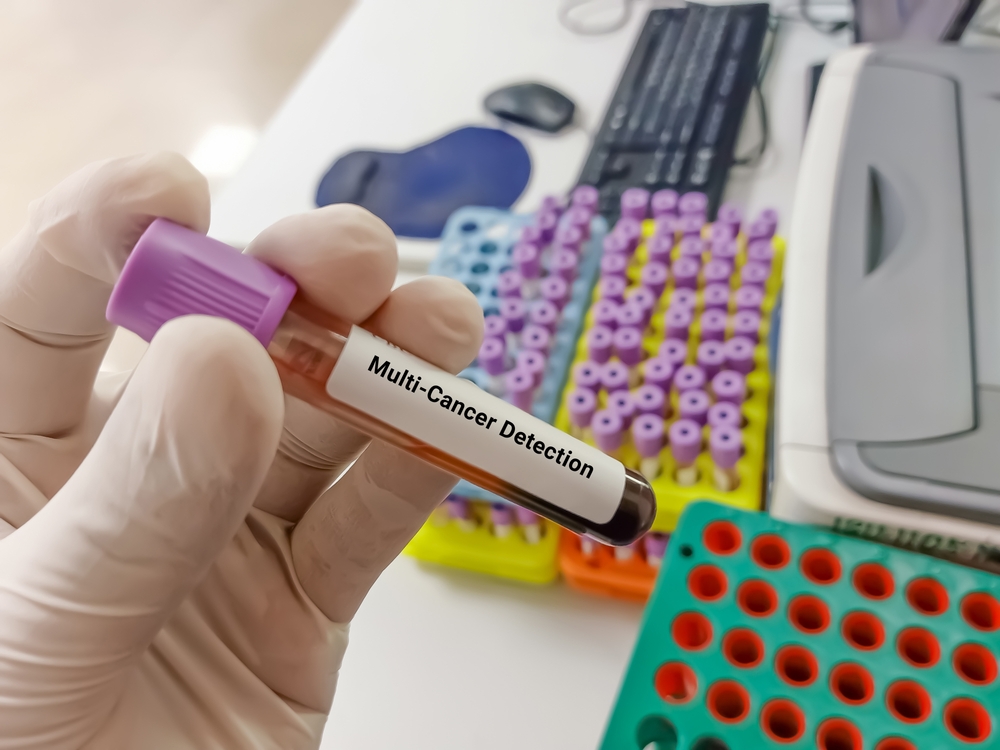
Since 2022, significant advancements have been made in the development of what are now known as multi-cancer early detection (MCED) tests – aka innovative screening tools designed to identify many different types of cancer. Although not yet FDA-approved, MCED tests offer the potential to detect signs of cancer through blood tests for abnormal cell components, such as DNA, RNA, and proteins. These tests have the capability to detect an impressive range of cancers early, even before symptoms manifest. This could enormously improve the chances of successful treatment. The GRAIL Galleri test is one of the most notable blood-based MCED tests available under CLIA regulations, and doctors are able to order it. While they do not provide a definitive cancer diagnosis, they provide a clearer path for enhanced screening modalities and can potentially complement existing screening tests for many cancers. Studies are still ongoing, with the goal of further validating the accuracy and effectiveness of MCED tests.
A Promising Future For Cancer Detection
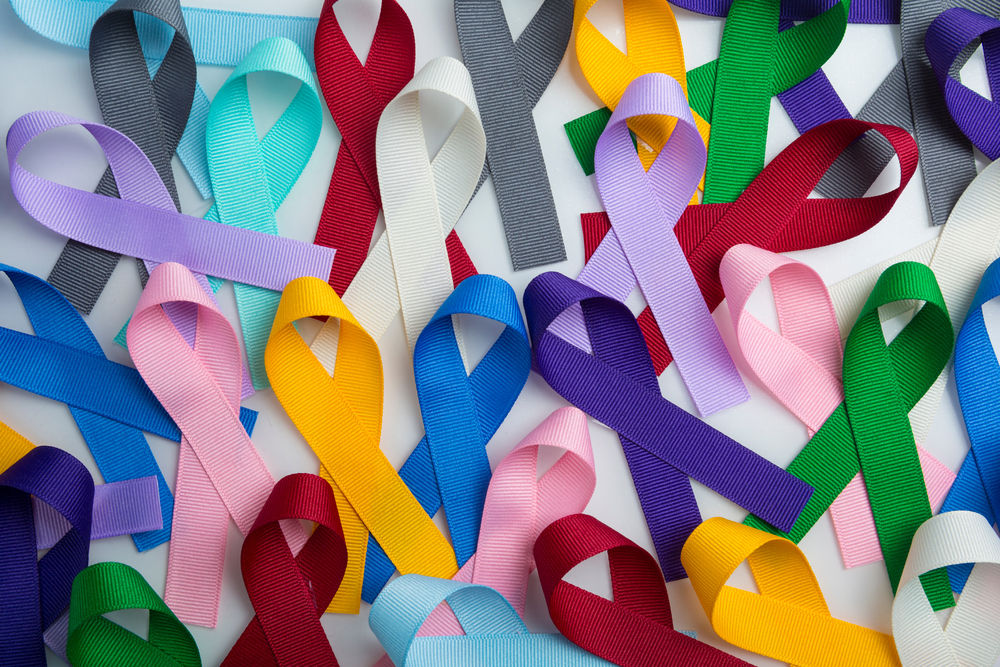
For anyone who has been touched by cancer, the evolution of these kinds of early cancer detection technologies is incredibly exciting. These tests hold the promise to transform the landscape of cancer diagnosis as we know it. Early detection remains the cornerstone in the battle against cancer, and advancements in diagnostic tools offer renewed hope for improving patient outcomes and reducing cancer mortality rates.
Disclaimer: This information is not intended to be a substitute for professional medical advice, diagnosis or treatment and is for information only. Always seek the advice of your physician or another qualified health provider with any questions about your medical condition and/or current medication. Do not disregard professional medical advice or delay seeking advice or treatment because of something you have read here.
Read More: FDA Approves First-Ever Blood Test to Diagnose Alzheimer’s
